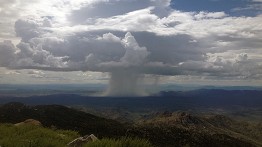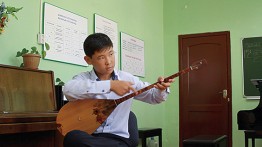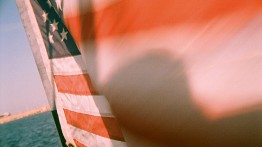The 2014 Menschel Exhibition Opening
Tuesday, February 4, 2014, 6 - 6pm
The award winners for the 2013 Benjamin Menschel Fellowship Program will be exhibiting their projects Febuary 4th through February 13th in the fifth and sixth floor lobbies of the Foundation Building. The exhibition is free and open to the public. Join them for the opening reception at 6PM on February 4th.
Students compete for this prestigious award by submitting proposals to a panel of judges. The students then work over the summer on their independent research, often in far flung places. This year’s research projects took students to Central Asia, the Balkans, the American Southwest, the Ohio River Valley, and Cambodia. The exhibition highlights their beautiful work in investigating the such topics as: the desiccation of the Aral Sea, the cultural meaning of an old string instrument—the “dombra,” sustainable water pumps for rural areas, the concept of a “night sky” or “a river,” and inhabiting the layered history of the path once taken by Native Americans in their trek to a build a freedom city. See the full catalog.
The award-winning projects include:
- Natural Error by Morgan Lewis & Tyler Putnam
- Boat | River | An Indefinate Space by Clemens Poole
- Terrestrial and Celestial: Observing Space by Ariana Revilla & Matthew Maiello
- Dirty Water: Designing for the Life of a Village by Catherine Sanso
- Tecumseh and the Prophet's Trail: Reconnecting Routes by Karl Schulz & Mark Ressl
- Through the Prism of the Dombra by Diana Yun
Located at 7 East 7th Street, between Third and Fourth Avenues







